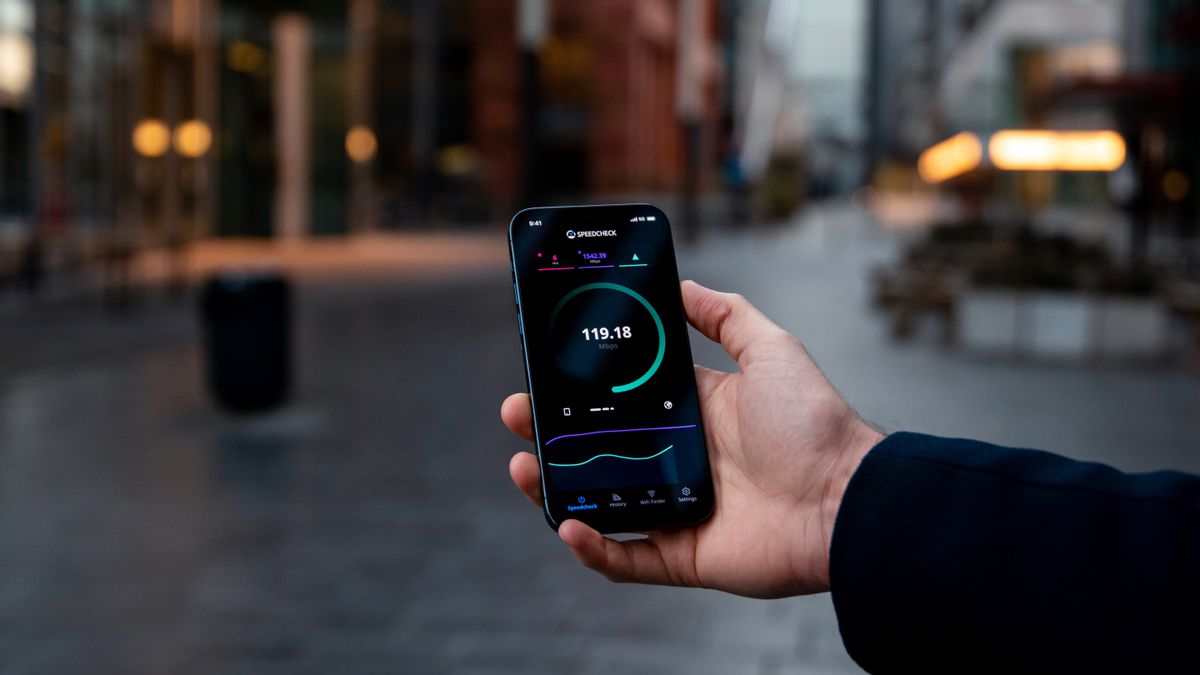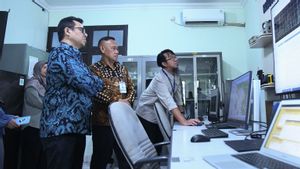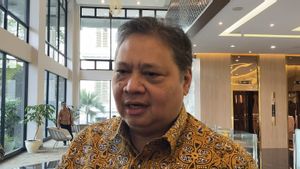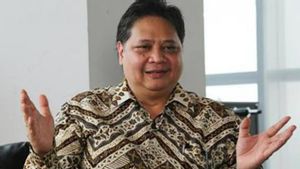JAKARTA - In the midst of increasing use of the fifth network aka 5G in various parts of the world, the latest report states that the new network actually has a slowing speed.
Data from analytics firm Speedtest Intelligence Ookla in its Q3 2021 5G Median Performance Worldwide report found the global average 5G speed of 166.12Mbps.
Showing 13 percent lower than the 206.22Mbps recorded during testing and the same in the last year's quarter. Meanwhile, its upload speed dropped to 21.08Mbps, a 39 percent drop from the 29.52Mbps seen in Q3 2020.
According to Speedtest, the decline occurred in many countries that are still in the introduction and growth stage with this network, as well as the impact of spectrum sharing on global speeds.
Launching ZDNet, Thursday, December 23, as 5G reaches new areas, the overall consistency of its data speed improvements fluctuates more due to various network technologies and network advancement rates around the world.
Speedtest says network slowdowns are common, as it's still on the adoption scale, especially early in the technology cycle. It is predicted that the speed of the new network will return to normal in 2022, because there will be additional spectrum and global deployment of 5G services.
In addition, Ookla's test data shows South Korea has achieved the top 5G speed with an average download speed of 492.48Mbps, a significant increase from the 411.31Mbps measurement one year ago.
SEE ALSO:
The gains were helped by the fall of former first champion Norway which fell drastically year over year (YoY), to 426.75Mbps, after peaking at 549.02Mbps in Q3 2020. The United Arab Emirates (UAE) also experienced a similar decline, with speeds from YoY up from 516.58Mbps to just 409.96Mbps.
Following the UAE this quarter are Saudi Arabia (366.46Mbps), Qatar (359.64Mbps), Kuwait (340.62Mbps), Sweden (305.72Mbps), China (299.04Mbps), Taiwan (296.63Mbps), and New Zealand (296.15Mbps).
While these countries are lagging behind, Speedtest also notes that 70 countries still have more than 20 percent of the population relying on decades-old 2G and 3G technologies, with eight countries still supporting the majority of their wireless communications.
The English, Chinese, Japanese, Arabic, and French versions are automatically generated by the AI. So there may still be inaccuracies in translating, please always see Indonesian as our main language. (system supported by DigitalSiber.id)


















